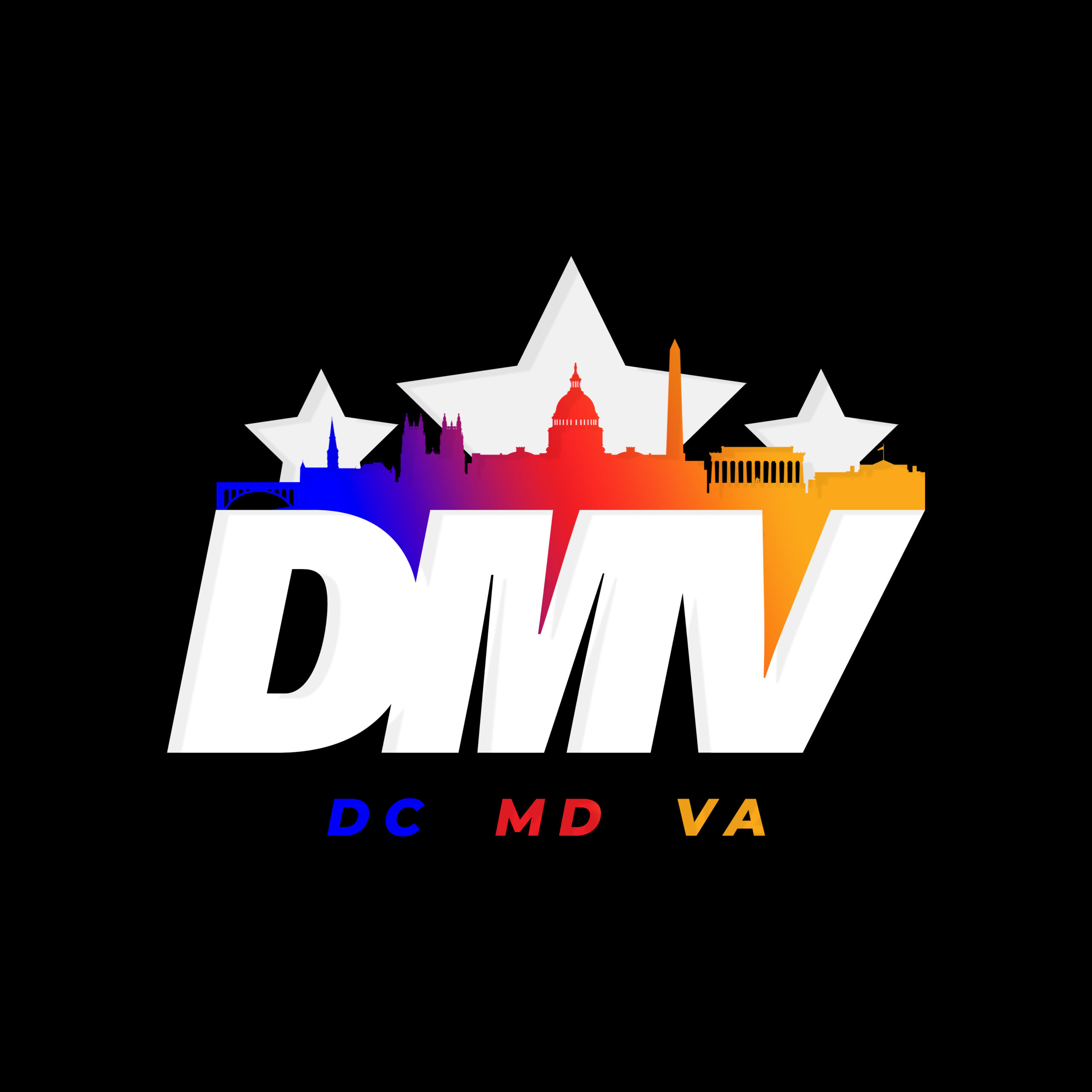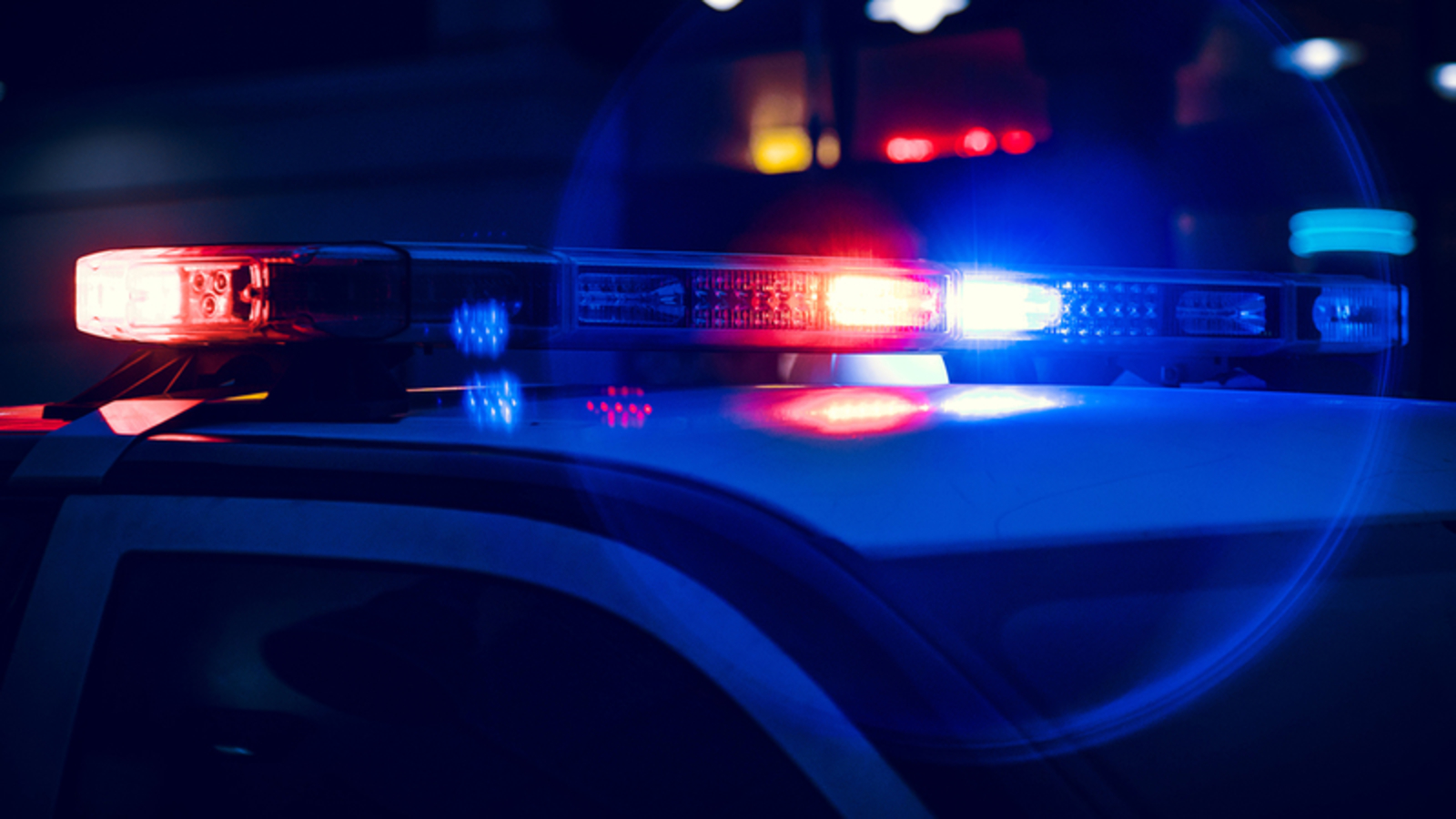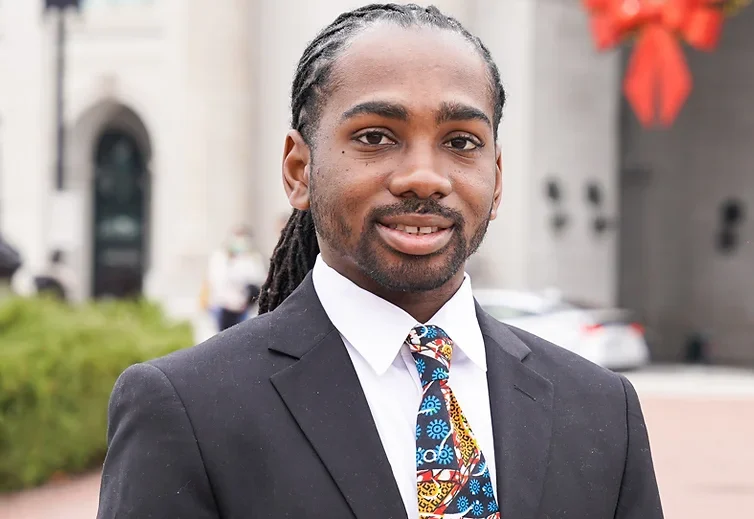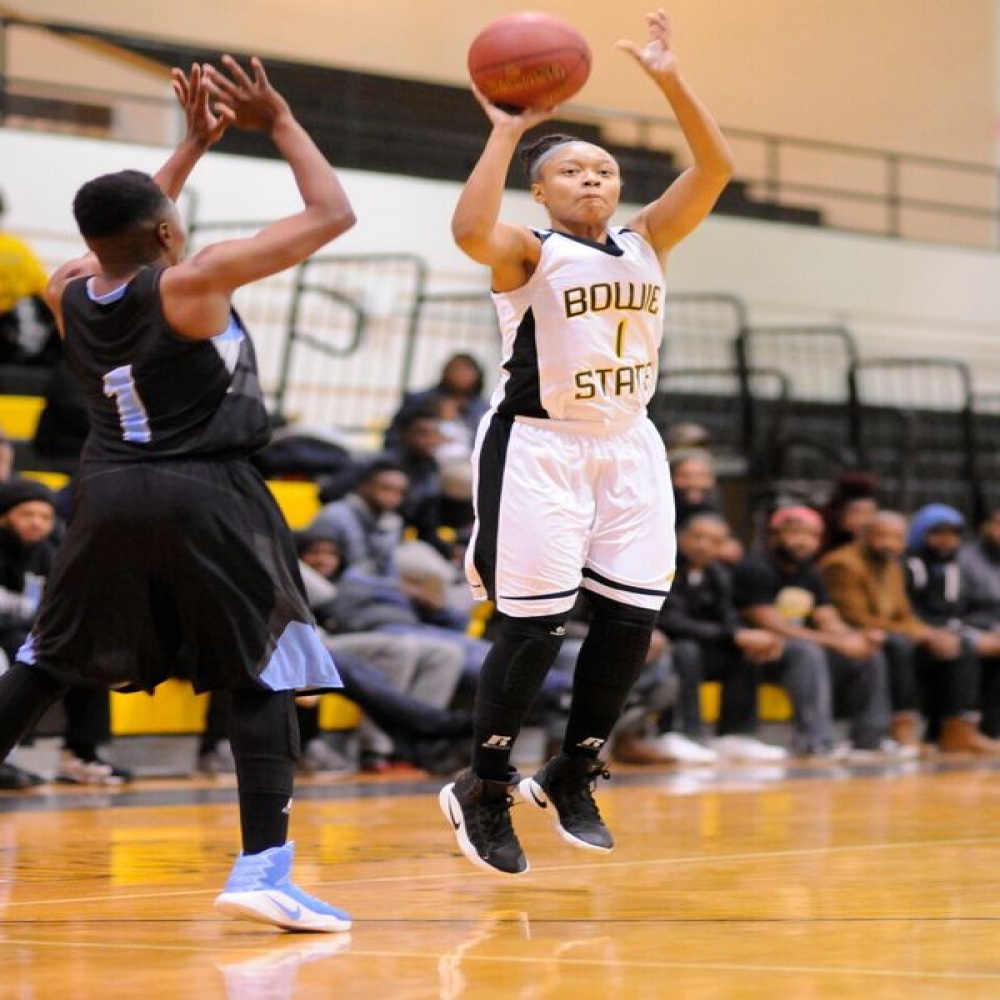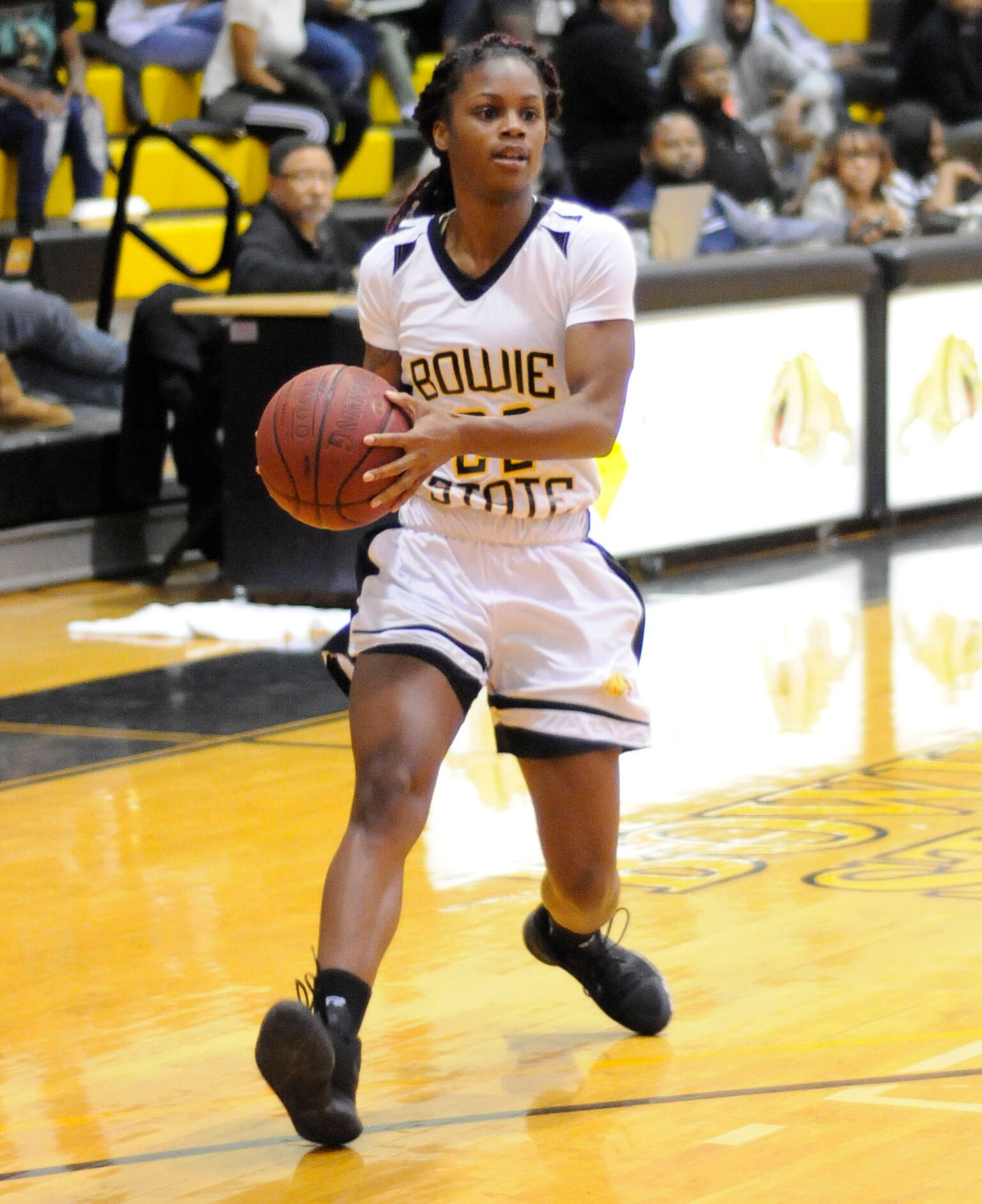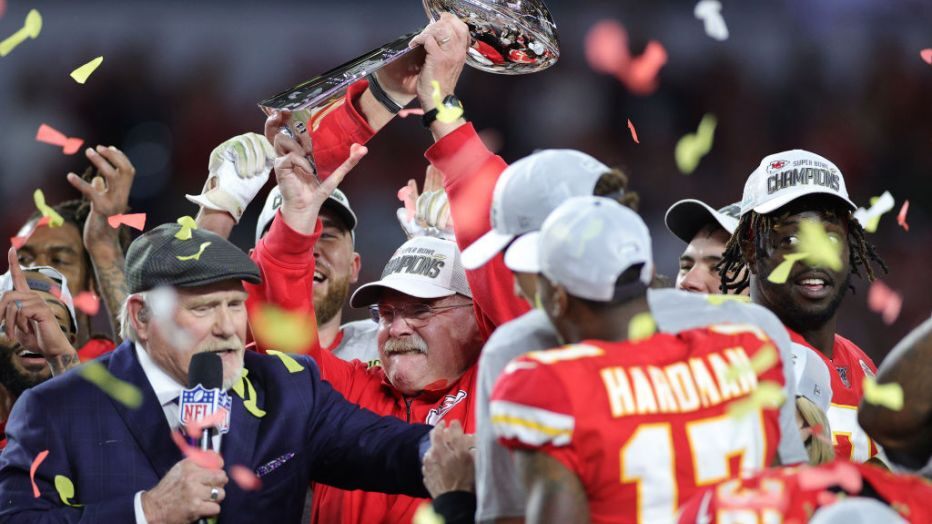
Super Bowl LIV: Kansas City Chiefs beats San Francisco 49ers 31-20
The San Francisco 49ers suffered an epic collapse in the late stages of Super Bowl LIV, holding a 20-10 lead halfway through the fourth quarter that turned into a deficit by the two-minute warning
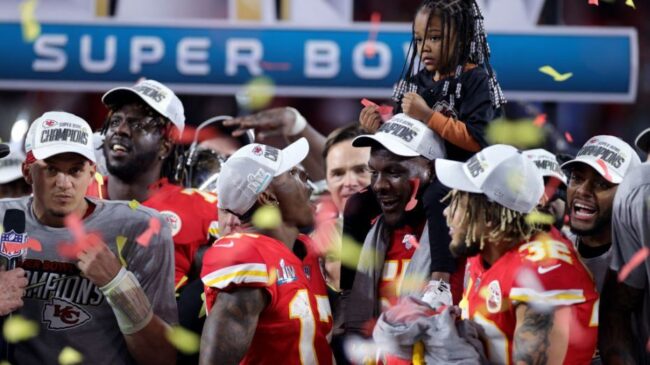 The San Francisco 49ers suffered an epic collapse in the late stages of Super Bowl LIV, holding a 20-10 lead halfway through the fourth quarter that turned into a deficit by the two-minute warning and ended in a 31-20 loss to the Kansas City Chiefs. The incredible Chiefs comeback will be the story of the game, but a penalty late in the first half wound up being a crucial missed opportunity for the 49ers, and the butterfly effect of the call had potential hidden ramifications for the final result, especially coupled with another close call later in the game. The 49ers had a golden opportunity to take the lead over the Chiefs just before halftime of Super Bowl LIV. Jimmy Garoppolo threw a 42-yard pass to All-Pro tight end George Kittle that would have put the 49ers at the Chiefs’ 13-yard line with six seconds to play. The play was called back, however, as Kittle was called for offensive pass interference on Chiefs safety Daniel Sorensen that negated the team’s longest pass play of the first half. The 10-yard penalty forced the 49ers to take a knee and go into halftime tied 10-10 with Kansas City.
The San Francisco 49ers suffered an epic collapse in the late stages of Super Bowl LIV, holding a 20-10 lead halfway through the fourth quarter that turned into a deficit by the two-minute warning and ended in a 31-20 loss to the Kansas City Chiefs. The incredible Chiefs comeback will be the story of the game, but a penalty late in the first half wound up being a crucial missed opportunity for the 49ers, and the butterfly effect of the call had potential hidden ramifications for the final result, especially coupled with another close call later in the game. The 49ers had a golden opportunity to take the lead over the Chiefs just before halftime of Super Bowl LIV. Jimmy Garoppolo threw a 42-yard pass to All-Pro tight end George Kittle that would have put the 49ers at the Chiefs’ 13-yard line with six seconds to play. The play was called back, however, as Kittle was called for offensive pass interference on Chiefs safety Daniel Sorensen that negated the team’s longest pass play of the first half. The 10-yard penalty forced the 49ers to take a knee and go into halftime tied 10-10 with Kansas City.
Before the kickoff of Super Bowl LIV, a moment of silence was held in honor of the nine individuals — including Kobe Bryant — who was killed in a helicopter crash in Calabasas, Calif.
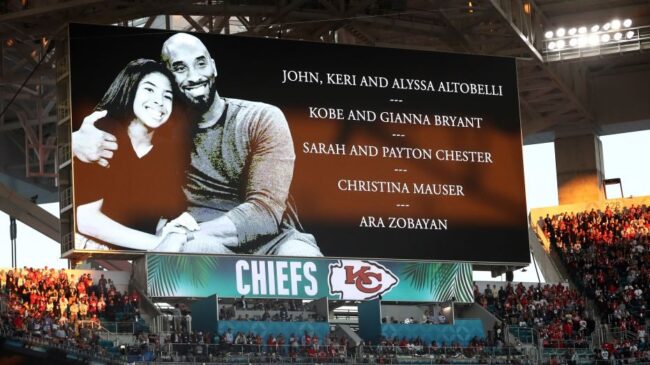
Kittle, one of the best blocking tight ends in the NFL, rarely gets called for offensive pass interference. In fact, before Sunday, Kittle had been called for offensive pass interference only once in his career, in Week 10 against the New York Giants in 2018.
Despite the quick defense by Riveron, reactions to the flag in real-time were mixed, and the call certainly felt in the moment like it would be costly for the 49ers, wiping potential points off the board and preventing the team the chance to double up by scoring to open the second half.
If the second half goes the same, the 49ers then find themselves behind just one point after the Chiefs scored to take the lead with less than three minutes left. If that’s the case, perhaps they punt on fourth-and-10 from midfield, then try and get the ball back around the same spot with about one minute remaining no timeouts left needing 15-20 yards for a potential game-winning field goal.
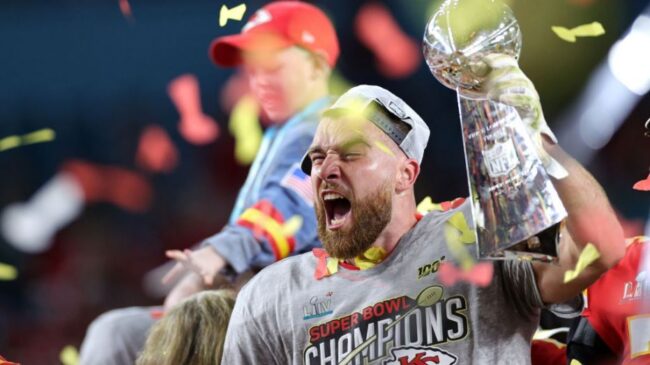
But let’s rewind a minute to that Chiefs go-ahead touchdown. On third-and-5, Patrick Mahomes hit Damien Williams flaring out toward the sideline, and the running back muscled through an attempted tackle to score the biggest touchdown of his career. Or did he?
Williams stepped out of bounds either right before or right after he reached the ball across the goal line, and after the replay, the officials couldn’t find anything to reverse the call, so it stood as a touchdown. Which is fair — you could look at the replay 100 times and not be perfectly sure one way or the other.
But if the ruling is that he stepped out short, the call would have likely stood as well. That would have left the Chiefs to choose whether to kick a field goal from fourth-and-inches to tie the game or go for the dagger. What would they have done? We’ll never know.
If the 49ers had their extra field goal from the first down, the call for the Chiefs would obviously be to go for the touchdown to take a one-point lead with the extra point. And if the 49ers defense makes a stand, they’re likely Super Bowl championship.
Football truly is a game of inches and close calls, and the 49ers know that all too well after Sunday.
